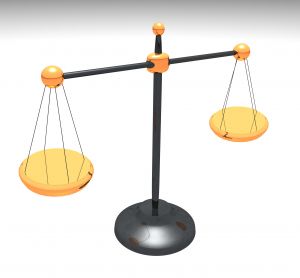
Differences Between Debt Settlement and Bankruptcy
Dealing with debt is common among many consumers but when you have too much of it, debt can make your life miserable when it gets out of control. While there are options to help you resolve debt issues it’s important to review them carefully before deciding on a process. Debt settlement and bankruptcy have similar purposes as far as helping consumers deal with debt but one may be a better option over the other depending on your personal situation.
Take time to look over your finances to review the extent of your debt issues. Determine outstanding balances due on all accounts unsecured and secured. It may help to review your credit report to make sure information reported is accurate. The information noted about your situation will help in making your final decision.
Review your monthly expenses by making a list of them and note how much is paid toward them. This should give you an idea of how much you spend on a monthly basis. If you have income left over after making payments, it could be put toward debt obligations. So how would you determine if debt settlement or bankruptcy is the best option?
Debt settlement allows you to pay debt obligations with your current income but you would work with your creditors to determine a payment plan. In many cases you may be able to pay less than you owe but sometimes your credit is damaged further if the settlement company holds onto your payments till you can afford a total settlement to the creditor. Make sure you thoroughly review companies and their policies before opting in.
Bankruptcy has different qualifications that should be reviewed depending on what chapter is filed. If most of your debt is unsecured a Chapter 7 helps you discharge debt. Chapter 13 reorganizes debt with a payment plan set for 3 to 5 years.